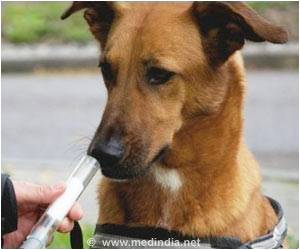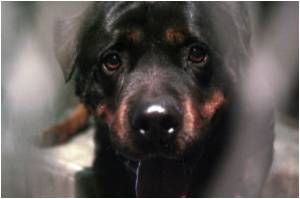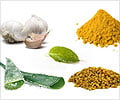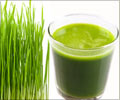
Sources say that because Kavanagh’s spleen was removed in 1988, her body was unable to prevent the bacterial infection. Kavanagh reportedly began to feel sick while working back in April, and very shortly, the infection got worse. She was rushed to hospital where medics suspected she had bacterial meningitis but the results were not clear.
Despite being prescribed antibiotics, Kavanagh sadly died from the infection. Doctors are now publishing a study on Kavanagh’s case because it is extremely rare.
"She had antibiotics in the hospital which worked on the bacteria but unfortunately the damage was already done,” said pathologist Dr. Hiam Ali.
"Her blood was full of bacteria and organisms. Capnocytophaga canimorsus, an organism present in dog saliva, normally doesn't cause damage. But in people without a spleen it can cause death due to septic shock. But it is extremely rare," Dr. Hiam Ali said.
Kavanagh’s daughter says she was shocked to learn that her mother had died from a freak incident that’s so rare.
"It was a shock as she had been around dogs all her life. She loved all animals. She had two Yorkshire terriers, a long haired Jack Russell and six horses. She was brilliant, a devoted nan and my best friend rather than my mum. I saw her almost every day. She loved her job and everyone misses her dearly. There is a massive part of our family missing," said Kavanagh’s daughter, 27-year-old Melissa Bromfield.
Advertisement
Advertisement
Source-Medindia














